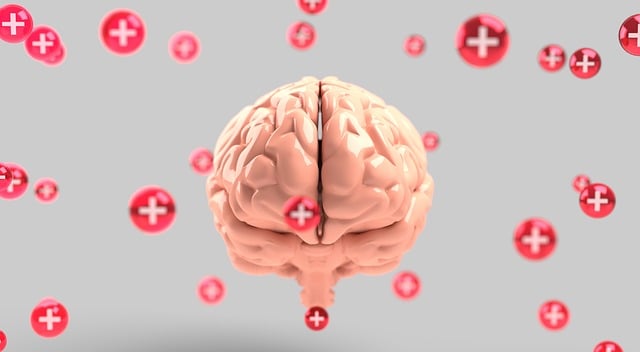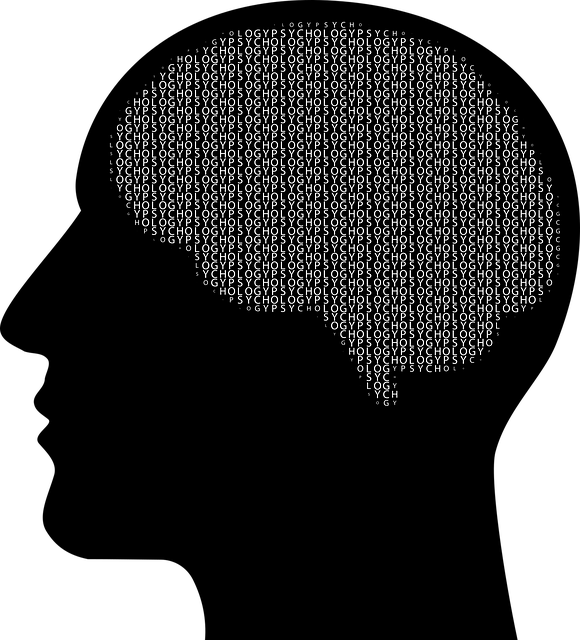Community outreach programs provide vital support for young adults with dissociative disorders by offering specialized therapy for young adults dissociative disorder tailored to their unique needs in accessible community settings. These programs empower individuals through coping skills development, conflict resolution techniques, and fostering a sense of belonging, enabling them to navigate their journeys toward recovery and improved quality of life. Measuring success through aligned goals and KPIs, along with partnerships and cultural competency training, ensures effective support networks and sustainable outcomes.
Community outreach programs offer a promising approach in supporting young adults grappling with dissociative disorder. This article delves into the strategies behind implementing effective therapy within these settings, focusing on understanding dissociative disorder and its unique challenges. We explore successful measurement techniques and emphasize the importance of building sustainable support networks. By integrating community resources, we aim to enhance access to tailored Therapy for Young Adults with Dissociative Disorder, ultimately improving their quality of life.
- Understanding Community Outreach Programs for Young Adults with Dissociative Disorder
- Implementing Effective Therapy Strategies Within Community Settings
- Measuring Success and Building Sustainable Support Networks
Understanding Community Outreach Programs for Young Adults with Dissociative Disorder

Community outreach programs play a pivotal role in supporting young adults grappling with dissociative disorder. This mental health condition often requires specialized therapy for Young Adults Dissociative Disorder, such as trauma-focused cognitive behavioral therapy (TF-CBT), which can be seamlessly integrated into community settings. By bringing these therapeutic interventions to where individuals already gather, outreach programs enhance accessibility and reduce barriers to care.
Implementing effective Community Outreach Program Implementation involves teaching essential coping skills development strategies tailored to the unique needs of those with dissociative disorders. This includes conflict resolution techniques aimed at managing triggers and promoting healthy interactions within supportive community networks. Such programs foster a sense of belonging and provide valuable resources, ultimately empowering young adults to navigate their journeys toward recovery and improved quality of life.
Implementing Effective Therapy Strategies Within Community Settings

Implementing effective therapy strategies within community settings is a critical aspect of supporting individuals with dissociative disorders, specifically targeting young adults who may face unique challenges navigating public spaces. Community outreach programs offer a tailored approach to providing therapy by bringing mental health services directly to affected individuals in their familiar environments. This strategy recognizes that for those with dissociative disorder, triggering events and memories can be pervasive, making traditional therapeutic settings less accessible.
By integrating evidence-based practices such as emotional regulation techniques and conflict resolution skills into community outreach, professionals can empower young adults to manage their symptoms effectively. For instance, teaching mindfulness exercises and coping mechanisms tailored to public interactions can help individuals regulate emotions during potentially distressing situations. Additionally, risk management planning is essential; training mental health professionals in this area ensures they are equipped to handle crises while promoting a safe and supportive community environment.
Measuring Success and Building Sustainable Support Networks

Measuring the success of community outreach programs is crucial to understanding their impact and ensuring long-term sustainability. When implementing initiatives like therapy for young adults with dissociative disorder, it’s essential to set clear goals and metrics that align with the program’s objectives. These could include increased awareness, improved access to mental health services, and positive outcomes for participants. By tracking key performance indicators (KPIs), such as the number of individuals reached, engagement rates, and improvements in client symptoms, programs can assess their effectiveness and make data-driven adjustments.
Building sustainable support networks is integral to the long-term success of community outreach. This involves fostering strong relationships with local healthcare providers, community organizations, and volunteers. Providing Cultural Competency Training for Healthcare Providers and implementing Burnout Prevention Strategies can enhance collaboration and ensure that services are tailored to meet the unique needs of the target population. Additionally, integrating Stress Management techniques within the program structure benefits both participants and support staff, reducing stress levels and fostering a healthier environment for all involved.
Community outreach programs play a pivotal role in enhancing support networks for young adults grappling with dissociative disorder. By implementing effective therapy strategies within accessible community settings, we can foster sustainable recovery and integration. Measuring success through regular assessments allows us to adapt these programs, ensuring they meet the evolving needs of those affected. Ultimately, these initiatives not only provide crucial therapeutic interventions but also build a supportive ecosystem that empowers young adults to manage their conditions effectively in everyday life.










